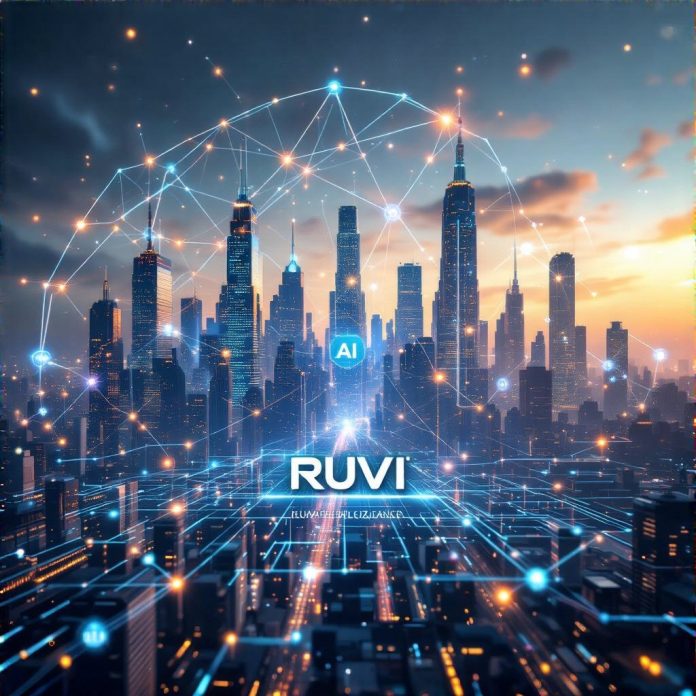Whispers in the crypto world suggest a new contender is emerging, one that some analysts believe could mirror Solana’s meteoric rise. Ruvi AI (RUVI), a project still relatively under the radar for many, is being touted as a potential unicorn, with projections placing its valuation at $1 billion before 2026. While such predictions should always be taken with a grain of salt in the volatile crypto market, the buzz surrounding Ruvi AI is undeniably growing, fueled by its innovative approach to artificial intelligence integration within the blockchain space.
The core proposition of Ruvi AI lies in its attempt to democratize access to sophisticated AI tools. Instead of being confined to large corporations or tech giants, Ruvi aims to empower individuals and smaller businesses with AI-driven solutions tailored for various applications, ranging from personalized content creation to advanced data analytics. This focus on accessibility and practical utility distinguishes Ruvi AI from many other crypto projects that often prioritize theoretical concepts over tangible benefits. The true value proposition rests on its ability to deliver on this promise.
However, comparisons to Solana should be viewed with caution. Solana’s success stemmed from its technical innovations in blockchain infrastructure, particularly its high throughput and low transaction fees. While Ruvi AI aims to innovate in the application layer by integrating AI, it’s a different technological challenge altogether. The question remains whether Ruvi’s AI algorithms can truly deliver superior performance and value compared to existing centralized AI services. Building a robust and scalable AI infrastructure on the blockchain is a significant hurdle that must be overcome.
The long-term success of Ruvi AI hinges on several factors. First, the project needs to demonstrate the real-world applicability and effectiveness of its AI tools. Second, it must foster a vibrant ecosystem of developers and users who actively contribute to and benefit from the platform. Finally, Ruvi AI must navigate the regulatory landscape surrounding both cryptocurrency and artificial intelligence, which is constantly evolving and presents potential challenges to adoption and growth. Smart contracts will need to function flawlessly and the project’s whitepaper is essential reading.
Ultimately, whether Ruvi AI becomes the next Solana or fades into obscurity remains to be seen. The project’s ambition to bridge the gap between AI and blockchain is certainly compelling, and the potential for disruption is undeniable. However, the crypto market is littered with projects that promised the moon but failed to deliver. Ruvi AI needs to focus on building a solid foundation, demonstrating its value proposition, and navigating the challenges ahead to truly earn the title of a game-changer in the crypto space. Vigilant and critical analysis is advised, along with thorough due diligence before investment.



